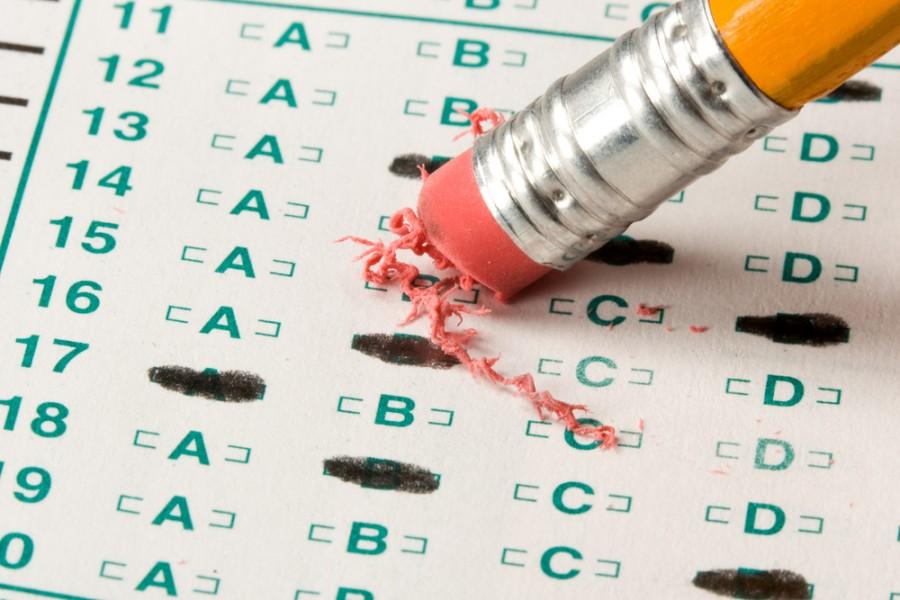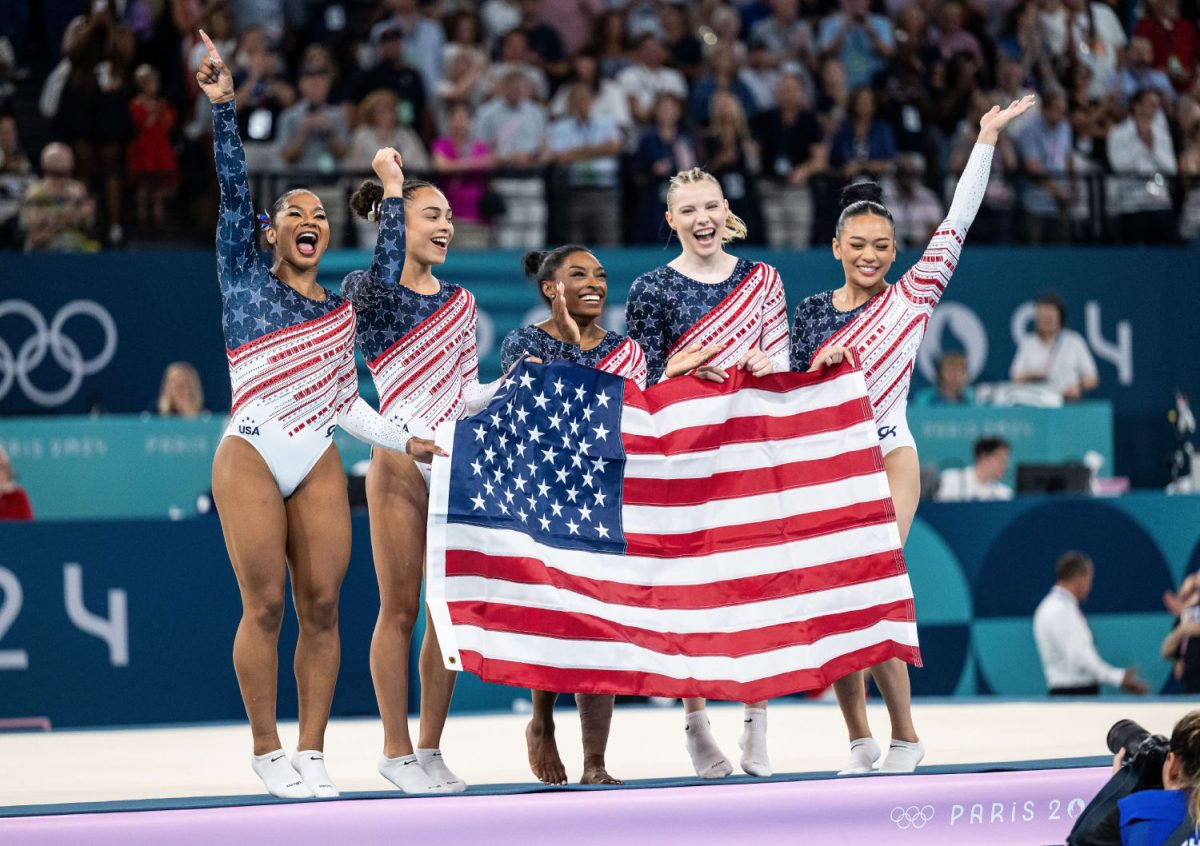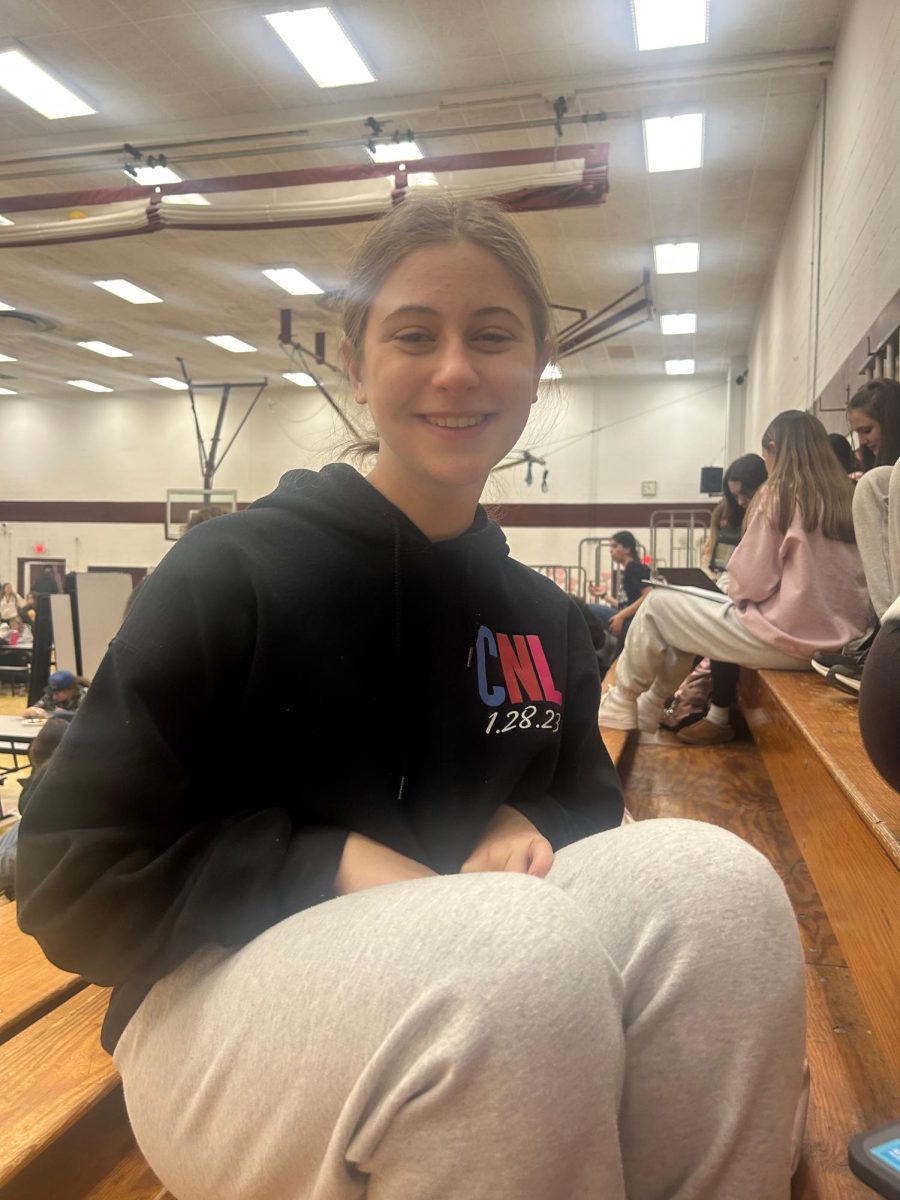Are Standardized Tests Biased?
November 16, 2015
Standardized testing is a large, important part of the public and private school lifestyle, that have been present since the very beginnings of student education. Tests such as the NJASK and PARCC can change students’ placement in school courses, and these tests lead to the SAT and ACT, which can determine which college students are able to attend.
A question that is already posed in society is whether or not success in general is easier for the wealthy. However, are these tests that are supposedly crucial for our future biased towards the wealthy as well?
The answer to that question is yes.
It is common knowledge that the more money someone has, the more test preparation they can afford. Tutors, private schools, prep books, and the tests themselves cost a fortune, giving wealthier kids a significant advantage. New York based tutor, Anthony- James Green, charges $1000 per hour for SAT tutoring and claims he can bring up scores by 400 points. Thirty hours of preparation with Princeton Review can range from $1,000 to $1,600, depending on the size of the class. Although the pricing for these courses are ridiculous, they can bump up standardized test scores by a remarkable amount of points.
Students who come from low income families have a major disadvantage because they can not afford such courses to help them prepare for standardized tests. It is evidently easier for wealthier students to score high on standardized tests because of the amount of preparation they can afford.
If the root of standardized testing for students, the future of America, is biased towards the wealthy, the world should worry about how this will affect later generations.






